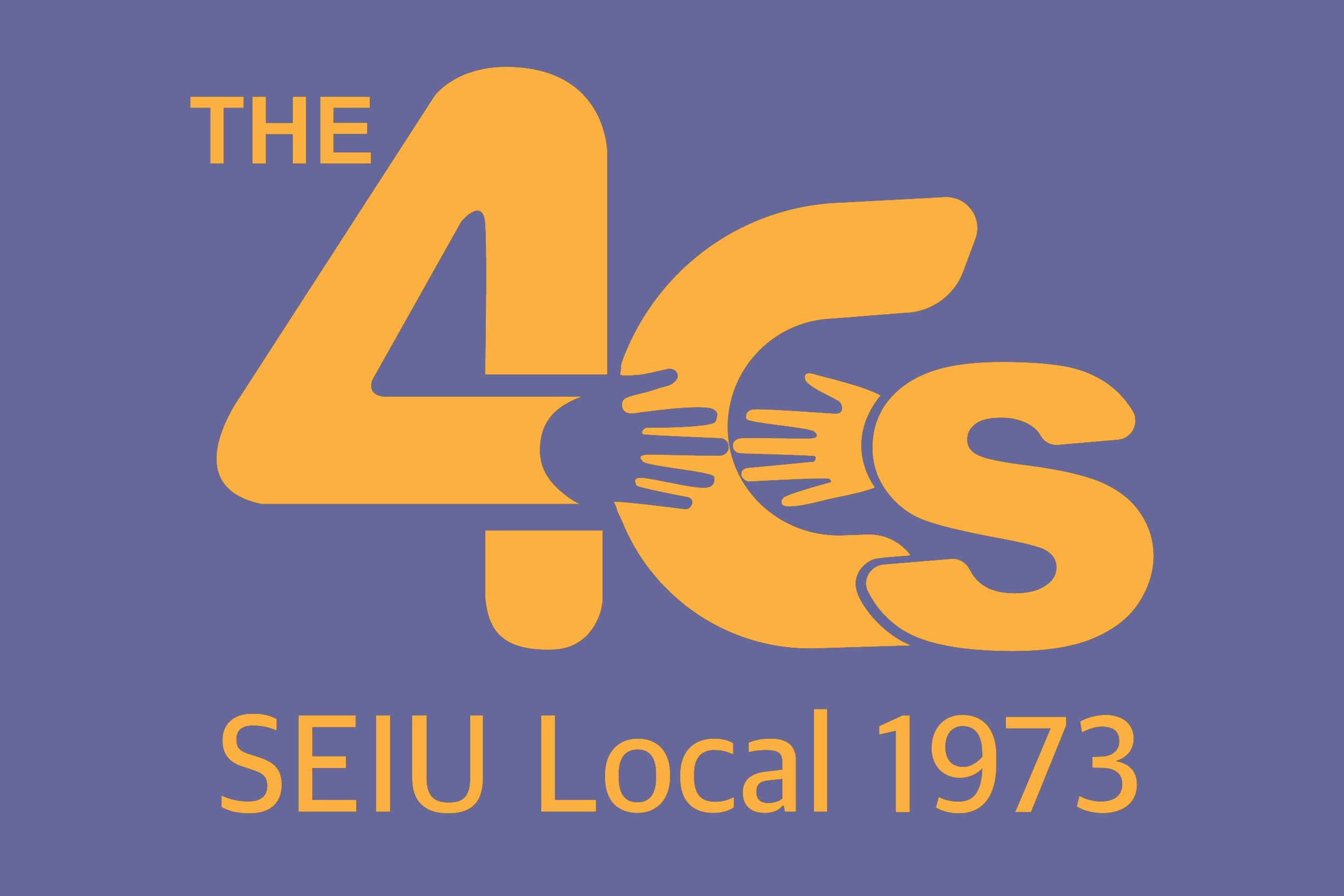The findings of the report are as follows:
Connecticut community college student services are understaffed, and the following quotes from open-ended comments reveal the severity of short staffing felt by individual employees:
- “I assumed more work due to departure of staff with no additional hours or compensation. At least two positions have not been filled since 2019.”
- “We need permanent positions. Everyone is working on 6-month contracts. I have been Interim for a number of years.”
Understaffing in student service areas has led to increased demands on the remaining staff. Staff are working, on average, 25% more than their required hours.
Understaffing negatively affects the services our students receive. Examples highlighted by our members include a reduction in the number of mental health counselors, admissions, financial aid, veterans’ services, and disability services.
There has been a 30% decrease in total 4Cs-represented staff since 2016; the full-time staff has been reduced by 15.85% and part-time staff has been reduced by 42.34%.
On average, full-time staff have seven more years of institutional memory and knowledge than part-time staff.
Understaffing is a crisis in the community colleges and consolidation is exacerbating the decline in student-facing services at our colleges. The BOR reports to NECHE that 30% of its employees are eligible to retiree by June 30, 2022. It is alarming to think about the extent to which services in our colleges will continue to decline if we do not ensure staffing levels are not just maintained, but increased. If our colleges remain understaffed, our colleges will be unable to fulfill their mission and meet the needs of our students and communities.

